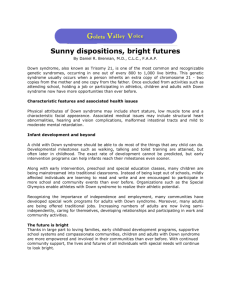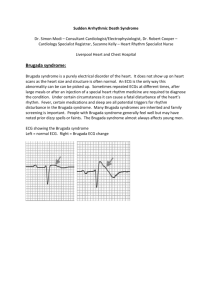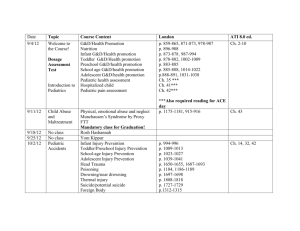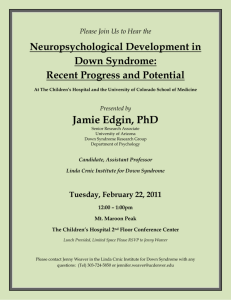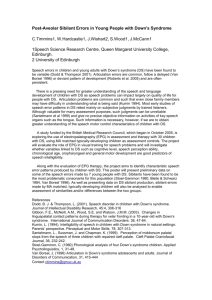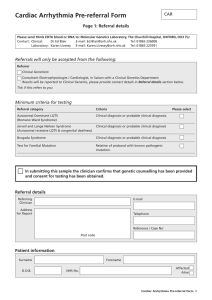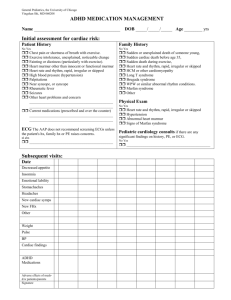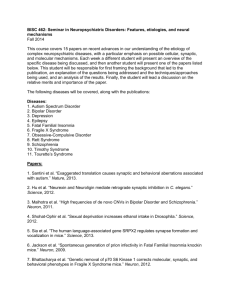Long QT Syndrome - The Oliver King Foundation
advertisement
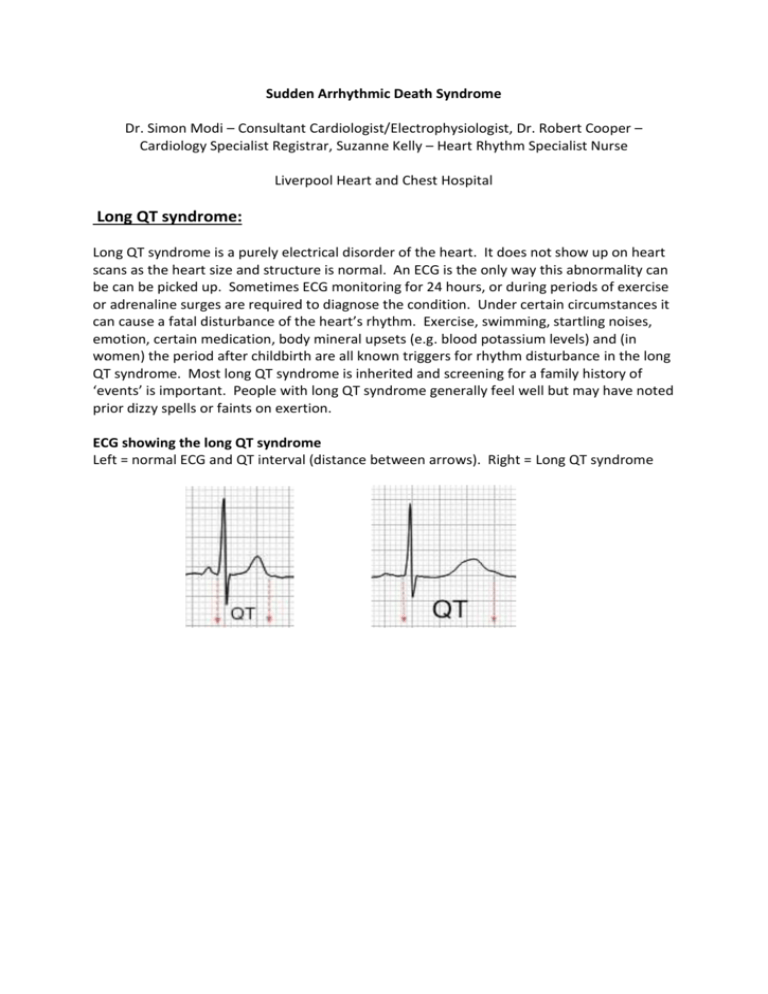
Sudden Arrhythmic Death Syndrome Dr. Simon Modi – Consultant Cardiologist/Electrophysiologist, Dr. Robert Cooper – Cardiology Specialist Registrar, Suzanne Kelly – Heart Rhythm Specialist Nurse Liverpool Heart and Chest Hospital Long QT syndrome: Long QT syndrome is a purely electrical disorder of the heart. It does not show up on heart scans as the heart size and structure is normal. An ECG is the only way this abnormality can be can be picked up. Sometimes ECG monitoring for 24 hours, or during periods of exercise or adrenaline surges are required to diagnose the condition. Under certain circumstances it can cause a fatal disturbance of the heart’s rhythm. Exercise, swimming, startling noises, emotion, certain medication, body mineral upsets (e.g. blood potassium levels) and (in women) the period after childbirth are all known triggers for rhythm disturbance in the long QT syndrome. Most long QT syndrome is inherited and screening for a family history of ‘events’ is important. People with long QT syndrome generally feel well but may have noted prior dizzy spells or faints on exertion. ECG showing the long QT syndrome Left = normal ECG and QT interval (distance between arrows). Right = Long QT syndrome



